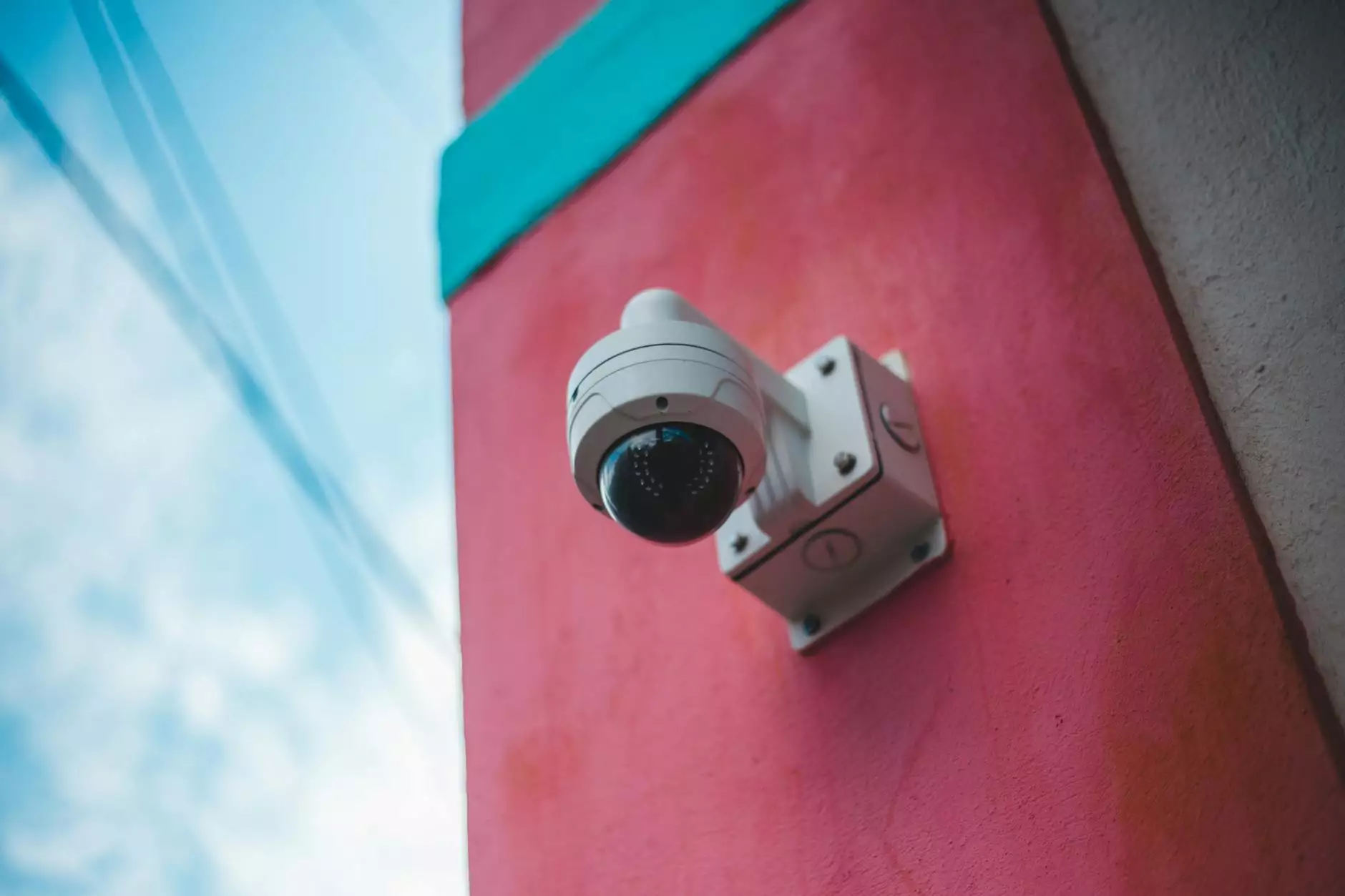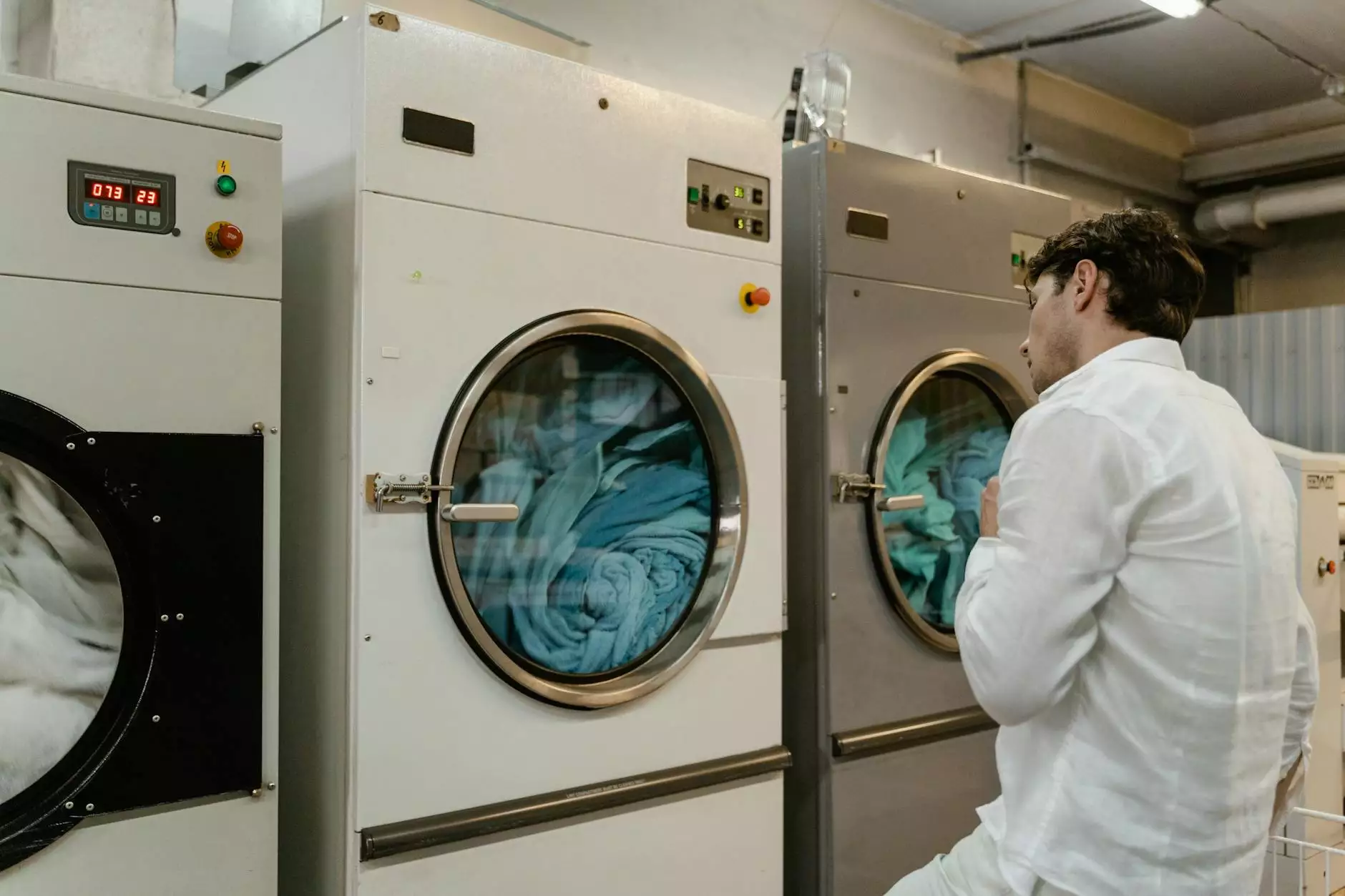Enhancing Security with a Professional Security Camera System

In today's fast-paced world, ensuring the safety and security of a business is paramount. One of the most effective ways to achieve this is by implementing a professional security camera system. Whether you operate a small local shop or a large corporation, businesses of all sizes can significantly benefit from the installation of state-of-the-art surveillance systems. This article delves into the essentials of professional security camera systems, their benefits, and how they can transform your business's security landscape.
Why Invest in a Professional Security Camera System?
Investing in a professional security camera system is no longer just an option; it has become a necessity for modern businesses. The increase in crime rates and the prevalence of vandalism make it essential to protect your assets and ensure the safety of your employees. Let’s explore the main reasons why you should consider incorporating a surveillance system into your business:
- Deterrence of Criminal Activity: A visible security camera can deter thieves and vandals. Knowing they are under surveillance often discourages potential criminals from targeting your establishment.
- Evidence Collection: In the unfortunate event of a crime, a professional security camera system provides crucial evidence that can be used in legal proceedings. High-resolution footage can identify suspects and capture key moments during incidents.
- Monitoring Employee Activity: Surveillance systems help ensure that employees adhere to company policies and engage in productive activities during work hours.
- Remote Surveillance: Modern security camera systems offer remote access, allowing business owners to monitor their property in real time, no matter where they are.
- Insurance Benefits: Many insurance companies offer lower premiums for properties equipped with security systems, as they reduce the risk of loss.
The Components of a Professional Security Camera System
A professional security camera system is comprised of various components that work together to enhance security. Understanding these elements can help you make an informed decision about your purchase. The main components include:
1. Cameras
Cameras are the focal point of any surveillance system. When choosing cameras, consider:
- Resolution: Higher resolution cameras provide clearer images, which are essential for identifying individuals and capturing details. Look for systems that offer at least 1080p HD resolution.
- Field of View: Cameras with a wider field of view can monitor larger areas. Pan-tilt-zoom (PTZ) cameras are particularly useful for covering expansive spaces.
- Infrared Night Vision: Many incidents occur after dark. Cameras with night vision capabilities ensure that your property is monitored around the clock.
2. Digital Video Recorder (DVR) or Network Video Recorder (NVR)
The DVR or NVR is the heart of your surveillance system, where footage is recorded for later access. Considerations include:
- Storage Capacity: Choose a system that allows for sufficient storage of video footage, which will depend on the number of cameras and the video quality.
- Playback Features: Advanced systems offer features that make it easier to search through footage, highlighting incidents for quick review.
3. Cables and Power Supply
High-quality cables and a reliable power supply are crucial for ensuring uninterrupted surveillance. Ensure that:
- Power over Ethernet (PoE) capabilities are supported for easy installation and minimal clutter.
- Durable cables are used to withstand wear and tear, especially for outdoor cameras.
4. Software
Modern surveillance systems come equipped with user-friendly software that enhances the functionality of the system. Look for software that offers:
- Smart Analytics: Features such as motion detection, facial recognition, and license plate recognition can significantly enhance security measures.
- Mobile Access: The ability to view live feeds or recorded footage from your mobile device is invaluable for remote monitoring.
Choosing the Right Security Camera System for Your Business
With several options available in the market, selecting the right professional security camera system for your business can be overwhelming. Here are some key factors to consider:
1. Assess Your Security Needs
Begin by evaluating your specific security needs. Consider the layout of your premises, the number of entry points, and areas that require monitoring. Identifying vulnerable spots is crucial to selecting the right cameras.
2. Determine Your Budget
Establish a budget for your security system. While high-end systems offer advanced features, it's important to find a balance between cost and the necessary security measures for your business.
3. Consult with Professionals
Engaging with a security expert can provide insights into the best systems available. They can suggest tailored solutions based on your unique requirements.
4. Research Brands and Reviews
Take the time to research reputable brands and read customer reviews. Reliability and customer support are vital factors that can influence your choice of camera systems.
Integrating Security Cameras with Other Systems
A professional security camera system can work harmoniously with other security measures to provide comprehensive protection. Consider integrating:
- Alarm Systems: Pairing cameras with alarm systems can provide an added layer of security. In the event of an intrusion, the alarm can notify authorities while the cameras capture the situation.
- Access Control Systems: Secure access to your premises can be achieved by integrating cameras with access control systems, ensuring that only authorized personnel enter restricted areas.
- Building Management Systems: Monitoring environmental conditions (like temperature and humidity) alongside security can help protect sensitive equipment.
Legal Considerations and Best Practices
When implementing a professional security camera system, businesses must adhere to legal requirements and best practices to avoid potential issues:
1. Know Your Local Laws
Familiarize yourself with local laws regarding video surveillance, including regulations about audio recording, signage requirements, and privacy considerations.
2. Implement Clear Policies
Establish policies regarding camera use, data retention, and employee monitoring. Transparency is crucial for maintaining trust among employees.
3. Use Signage
Setting up clear signage to inform employees and customers that they are being recorded fosters transparency and may deter criminal behavior.
Conclusion
A professional security camera system is an indispensable part of ensuring the safety and security of a business. With numerous benefits, such as deterring criminal activity, aiding in evidence collection, and enabling remote monitoring, there’s no denying the value it adds. By understanding the components of a security system, choosing the right equipment, and adhering to legal guidelines, businesses can create a robust security infrastructure that protects their assets, employees, and clients.
For expert assistance in selecting and installing a professional security camera system, visit teleco.com. Our team is dedicated to providing unmatched telecommunications, IT services, and customer care, helping you secure your business efficiently and effectively.









